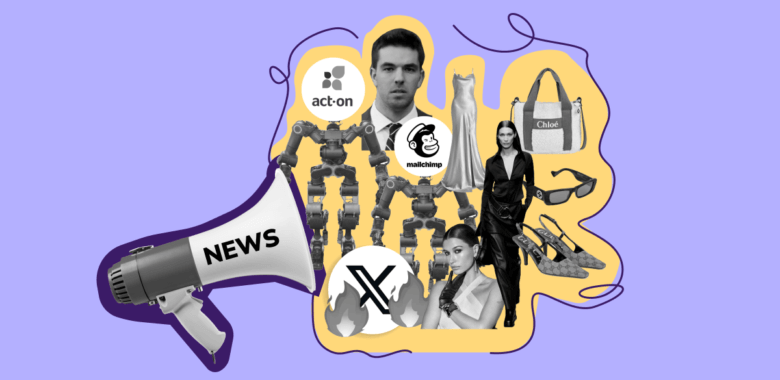1. X ranked the worst in climate change misinformation
This month, Climate Action Against Misinformation released a report where the organization compared the content moderation policies of several social media platforms. The independent research team studied Pinterest, TikTok, Meta’s Facebook and Instagram, YouTube, and X (formerly Twitter). Turns out, X has no clear policies that combat climate misinformation, lacks public transparency, and allows advertisers to promote climate denialism.
X is also shutting down Circles, by the way.
















